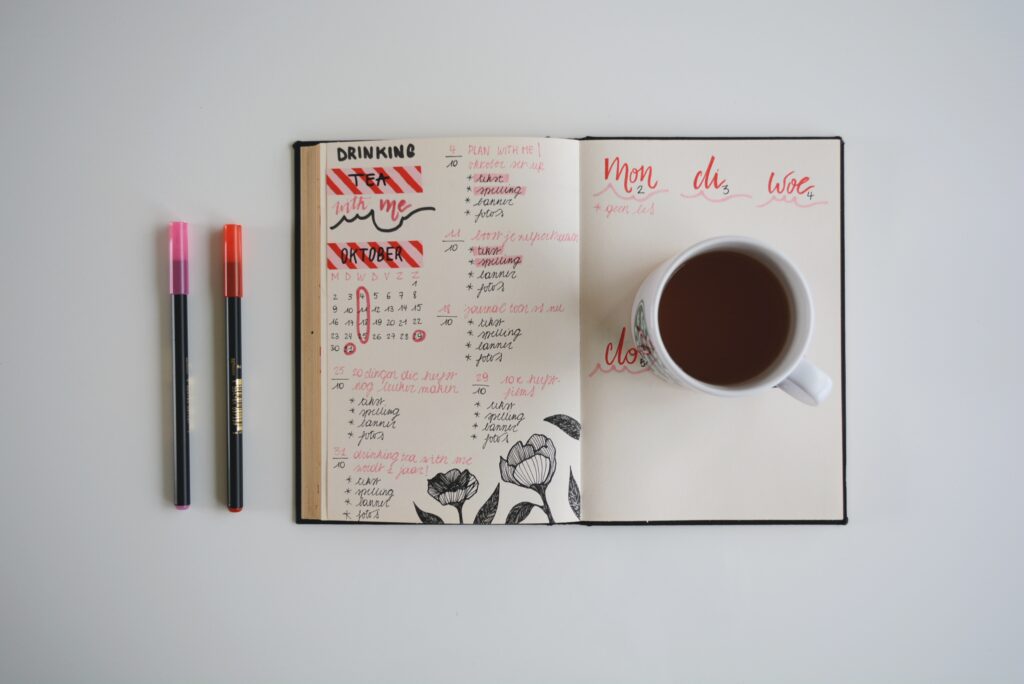This article throws light on the seventeen important qualities of a good researcher.
This article throws light on the seventeen important qualities of a good researcher.
1. He should be a votary of truth, truth should be his goal.
2. He should be able to dispel prejudice. He should not conceive any pre-conceived notion; rather he should maintain objectivity while gathering information.
3. The researcher should be capable of gathering accurate and in-depth information from the respondents.
4. The researcher should be a keen observer of the phenomena and should not be complacent with approximates.
5. He should always maintain precision and must try to avoid unnecessary details.
6. He must analyze and interpret the collected information with a positive spirit and in the proper sense, notwithstanding his personal requirement or benefit.
7. As a scientific genius, the research investigator must be adequately sensitive to difficulties “Where less gifted people pass by untroubled by doubt.”
8. He should be in possession of sufficient moral courage to face the difficult situation and should not be discouraged due to the non-cooperation of the respondents or nature of the research problem under investigation.
9. The researcher should be able to utilize his time properly in a balanced manner.

10. While making generalizations, the researcher must cautiously bear in mind that there is no short cut to the truth. Therefore he must wait to obtain complete data and always eschew hasty statement. As a scientific man, says Karl Pearson, he should strive at self-elimination in his judgment to provide an argument that is true for each individual mind as for his own.
11. A good researcher is always apathetic to the approval or disapproval of society. Rather, he should be bold enough to present his findings of research to the society, notwithstanding its disapproval.
12. The researcher should be conceptually clear. He should use the terms uniformly and appropriately. Otherwise, his whole exercise will be defective.
13. The researcher should not only be careful in selecting the research tools but also properly trained so as to use these tools to procure reliable and valid data.
14. The researcher should also develop proper communicative skills and the ability to establish rapport with the respondents so as to elicit proper response.
15. Knowledge in the language of the respondents will be of immense help to the researcher. This will enable him not only to communicate the questions properly but also to cognize the responses properly.
16. Awareness of the possible drawbacks and shortcomings of research is very essential on the part of a good researcher. By knowing it before, the researcher may try to minimize such problems, although it is well nigh impossible to claim the complete perfection of research work.
17. A good researcher will always be well behaved and well clad. These qualities will attract the respondents towards him; sufficiently motivate them to produce the necessary information required for the purpose of research.